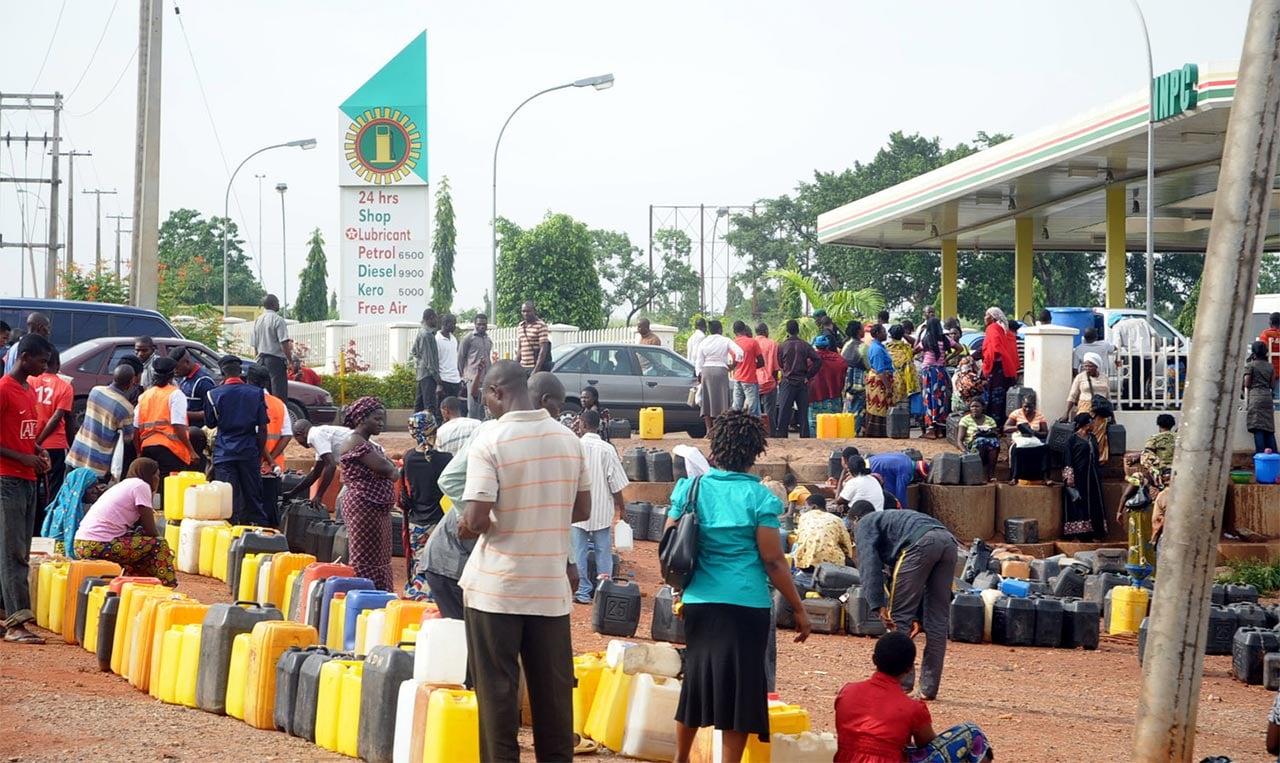Transportation costs in Abuja have sharply increased in the wake of President Bola Tinubu’s decision to eliminate fuel subsidies, a move that has triggered one of Nigeria’s most severe inflation crises. The directive, which led to a drastic hike in fuel prices, has significantly impacted the cost of living and further devalued the naira, plunging many Nigerians into economic hardship.
Since President Tinubu took office, the price of petrol has soared from N195/200 per litre to a staggering N980 per litre, following several increments, the most recent of which saw prices rise from N897 per litre to the current N980. This relentless increase has driven up transportation fares across the Federal Capital Territory (FCT), Abuja, exacerbating the already high cost of living for residents.
In Abuja, the impact on transportation is palpable, with fares rising between N100 and N200 across various routes. For instance, the fare from Nyanya Under Bridge to the Secretariat has jumped from N500 to N700, while commuters traveling from Duste to Banex now pay between N600 and N700, up from the previous N500. The Lugbe to Berger route saw an increase from N500 to N700, and fares from Duste to Gwarinpa have surged from N300/N400 to N500.
This price hike has not only affected private and commercial vehicles but also extended to commercial motorcyclists and tricycle operators. A ride from Gudu to Dogongada, which previously cost between N400 and N500, now ranges from N600 to N700.
Residents of Abuja are feeling the pinch. Light Chibunna, who used to spend N800 on his daily commute to work, now finds himself spending N1,500 due to the recent fuel price hike. “This transport situation is becoming unbearable,” he said. “The truth is, salaries haven’t increased, and many people are already losing their jobs.”
Another resident, Ojetunde Quadri, voiced his concern about how the rising fuel costs are driving up not only transportation fares but also the prices of goods and commodities. “The price of goods is already going up. I recently bought a sachet of Peak Milk for N300 instead of the previous N200. The transportation price hike is still somewhat bearable, but if this continues, and the fuel price climbs to N1,500 as predicted, it will only get worse.”
Despite the widespread impact of the fuel price increase, the Nigerian government has remained largely silent. However, the Nigerian National Petroleum Company Limited (NNPC) issued a statement on Thursday, clarifying that the petrol market has been deregulated. According to the NNPC, prices are now being influenced by external factors, including global oil market trends, the removal of subsidies, and fluctuations in the exchange rate, rather than government control.
As Abuja residents grapple with these rising costs, the question remains: how much higher can prices go before the situation becomes unsustainable?

This is unfair o.Tinubu administration should just pity us
Tinubu abeg put the subsidy back this is getting too much
This man no sabi anything sorry to say, he is to old for all this make they impeach am
It’s getting to another thing
This is total wickedness
I dey carry keg go fuelling station the other day come dey hear them play Fuel by Eminem and JID for speaker. I been no wan talk anything and I just dey vibe dey go till e reach that part wey Eminem talk say “If I run out of fuel, what the fuck y’all gonna do?” Naso I tell attendant, “Aunty this one wey una don dey use Eminem threaten us, I must buy my own fuel before e finally finish ooo”.
Nigeria no dey smile at all